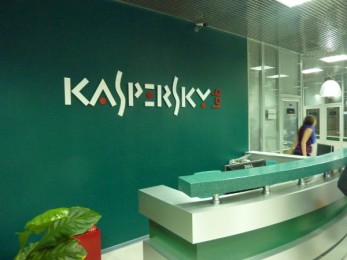 Despite the myths, the UK government is not so well organised when it comes to cloud adoption according to a new report.
Despite the myths, the UK government is not so well organised when it comes to cloud adoption according to a new report.
Beancounters at Cloud Industry Forum (CIF) and UKCloud have added up some numbers and discovered that the public sector has a fair way to go to really claim it is committed to using hosted services.
This finding is against the common perception that the public sector was an example of a market that has embraced cloud.
The reports findings show that there is much more to be done to get hosted services being used more widely.
CIF and UKCloud have revealed that a lack of leadership and problems getting hold of skilled staff have meant that apart from engaging with some easy projects the vast majority of the public sector has not got very far on its cloud journey.
CIF findings were fairly encouraging in terms of 82 per cent of public sector organisations having adopted cloud services, which was up from 62 percent last year.
But adoption remains fairly shallow and when pressed those quizzed for the research came up with several reasons why they had been holding back, including budget, an aversion to risk and not having access to skilled staff.
CIF chief executive Alex Hilton said that the take-up of cloud computing within the UK public sector has been a story of consistent growth, and the overall adoption rate of has more than doubled since we first started charting the cloud market seven years ago.
“This growth is thanks, in no small part, to the efforts of the Government Digital Service (GDS) to accelerate the sector’s move to digital services and the launch of G-Cloud,” he said.
“But while comfort with cloud is clearly increasing, and public sector organisations are achieving a wide range of benefits as a result of their use of cloud services, for many organisations, penetration cloud services remains relatively shallow,” he added.
UKCloud CEO Simon Hansford, who criticised the public sector for sticking to low hanging fruit.
“Many of the migrations that we have seen to date in the public sector have targeted the so-called low hanging fruit – typically virtualised applications that can simply and easily be shifted into the cloud. While this is a good start, to unlock the full potential of cloud and digital transformation, organisations need to tackle the complexity inherent in many processes, overcome the cultural barriers to adoption and seek to breach departmental silos,” he said.
“In many areas, this will require them to rethink the way that services are delivered and then truly embrace an agile, cloud-native approach while radically changing their internal operations. I hope that, with the right assistance from the industry, we will see more progress along this path when we come to reveal next year’s research findings”, he added.
 Software King of the World Microsoft is opening a new store on London’s Regent Street area which is zoned by the Apple Cult as sacred and holy to them.
Software King of the World Microsoft is opening a new store on London’s Regent Street area which is zoned by the Apple Cult as sacred and holy to them.


















